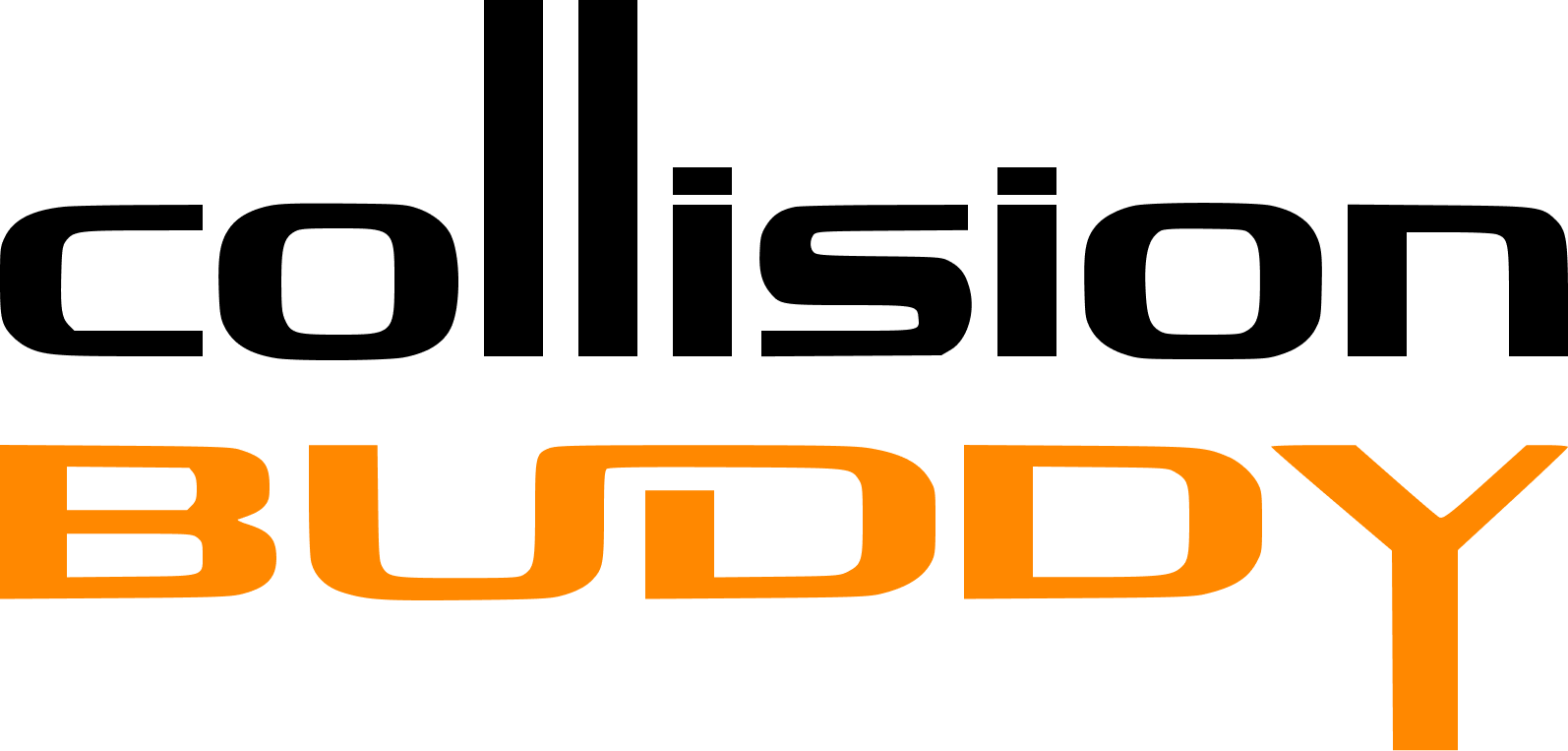Structural Damage vs. Cosmetic Damage: Why Your Insurance Company Cares
- Collision Buddy
- Nov 5, 2025
- 2 min read
After a collision, your insurance company will categorize damage into two types: structural and cosmetic. Understanding this distinction is critical because it affects your repair coverage, safety, and vehicle value. At Collision Buddy in Woodland Hills, we help customers navigate this process every day.
What's Structural Damage?
Structural damage affects the core components that keep your vehicle safe and functional. This includes:
Frame or unibody structure
Suspension components
Wheels and axles
Engine, transmission, or drivetrain
Fuel system
Safety systems (airbags, brakes, electrical)
Structural damage is serious. It compromises vehicle safety, handling, and reliability. Insurance companies cover structural repairs because they're essential for making your vehicle roadworthy and safe again.
What's Cosmetic Damage?
Cosmetic damage is surface-level—it doesn't affect safety or function. This includes:
Dents in body panels
Scratches and paint damage
Cracked or broken lights (unless they affect visibility/safety)
Interior trim damage
Mirror damage
Bumper scuffs
Cosmetic damage affects appearance but not safety. Your vehicle functions normally, though it may not look showroom-ready.
Why Insurance Companies Care
Insurance companies prioritize structural repairs for a simple reason: safety and liability. If your vehicle has unrepaired structural damage and you're involved in another accident, your vehicle won't provide adequate protection. The insurance company faces liability exposure.
Cosmetic damage is typically covered under your deductible or may require separate approval. Insurance companies focus resources on ensuring your vehicle is safe to drive.
Real-World Example
Consider a side-impact collision where your door crumples. If the impact damaged the door frame or bent the vehicle's unibody structure, that's structural damage requiring suspension and alignment work. Insurance covers it because your vehicle's safety depends on it.
If the impact only crumpled the door panel and dented the fender, that's primarily cosmetic. Insurance covers the necessary repairs, but may scrutinize whether all requested work is truly essential.
Why Professional Assessment Matters
The line between structural and cosmetic damage isn't always obvious. A bent door might appear cosmetic but could hide frame damage. A crumpled bumper might seem cosmetic but could indicate suspension damage.
At Collision Buddy, our certified technicians perform thorough assessments to identify all damage—both obvious and hidden. We document structural issues that require repair and distinguish them from cosmetic concerns. This protects you and ensures your insurance claim covers necessary work.
Impact on Your Vehicle
Unrepaired structural damage affects:
Vehicle safety in future collisions
Alignment and handling
Resale value
Long-term reliability
Your insurance company understands this. That's why they prioritize structural repairs—they're not optional. Cosmetic repairs restore appearance but don't affect safety.
Let Collision Buddy Handle the Details
After a collision, you need professionals who understand insurance requirements and vehicle structure. Our team at Collision Buddy in Woodland Hills handles the assessment, insurance coordination, and repair process. We identify all structural damage, ensure proper repairs, and keep your insurance company informed.
Don't settle for incomplete repairs. Call 818-600-0106 today. We'll assess your vehicle's damage, explain what's structural versus cosmetic, and ensure your repairs meet insurance requirements and manufacturer standards. With 67+ years of experience, we'll make sure your vehicle is safe and fully restored.



